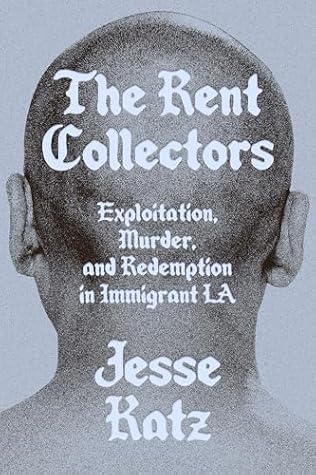More on this book
Kindle Notes & Highlights
MacArthur Park strained under the exigencies of that shadow population, a virtually permanent subclass left to invent its own opportunities, to improvise its own survival.
protection was also a euphemism for exclusion—for refusing to share public space with the poor, for hording economic opportunity. As vending proliferated, homeowners and shopkeepers and civic leaders complained about people from “who-knows-where” selling goods on their street, intruding on their “quality of life,” turning their neighborhood into a “Third World” city.
Reyna was gone almost every evening, rarely returning from her pretzel job before 2 A.M. “She was nice, you know, trying to do the best she could,” Hernandez says. “But the thing is, the mom, she has to work. That’s what people don’t understand. They’ll be like, ‘Why can’t the parents take care of these kids?’ Because, you know what? The mom has to work just to survive.”
“Ask yourself if you’re about to do something fucked up,” the lawyer counseled him. “And if the answer is yes, don’t do it.”
The state filed its motion to release Clever in January 2009, which meant he spent sixteen months in jail for crimes prosecutors ultimately didn’t think they could prove. He couldn’t make a case for compensation; there was no evidence that testimony had been coerced or manufactured. But he would have appreciated a word somewhere, by somebody, about his exoneration.
Senate Bill 261,
The proposed law drew on breakthroughs in neuroscience showing that the prefrontal cortex—home to risk assessment, impulse control, and emotional regulation—was one of the last regions of the brain to mature. Even well-known Republicans endorsed Budnick’s cause, helping him promote the idea that young offenders were both less culpable and more rehabilitatable.
Instead of paying, Israel chose to serve ten days in jail—his freedom for a debt. Somehow it wasn’t sufficient. Under the system of fees that required defendants to pay for their own punishment, Israel remained $269 in arrears to the State of California, and after finding him delinquent, the court added a civil assessment of $300 and referred the case to a collection agency. Israel was still making installment payments when he died.


